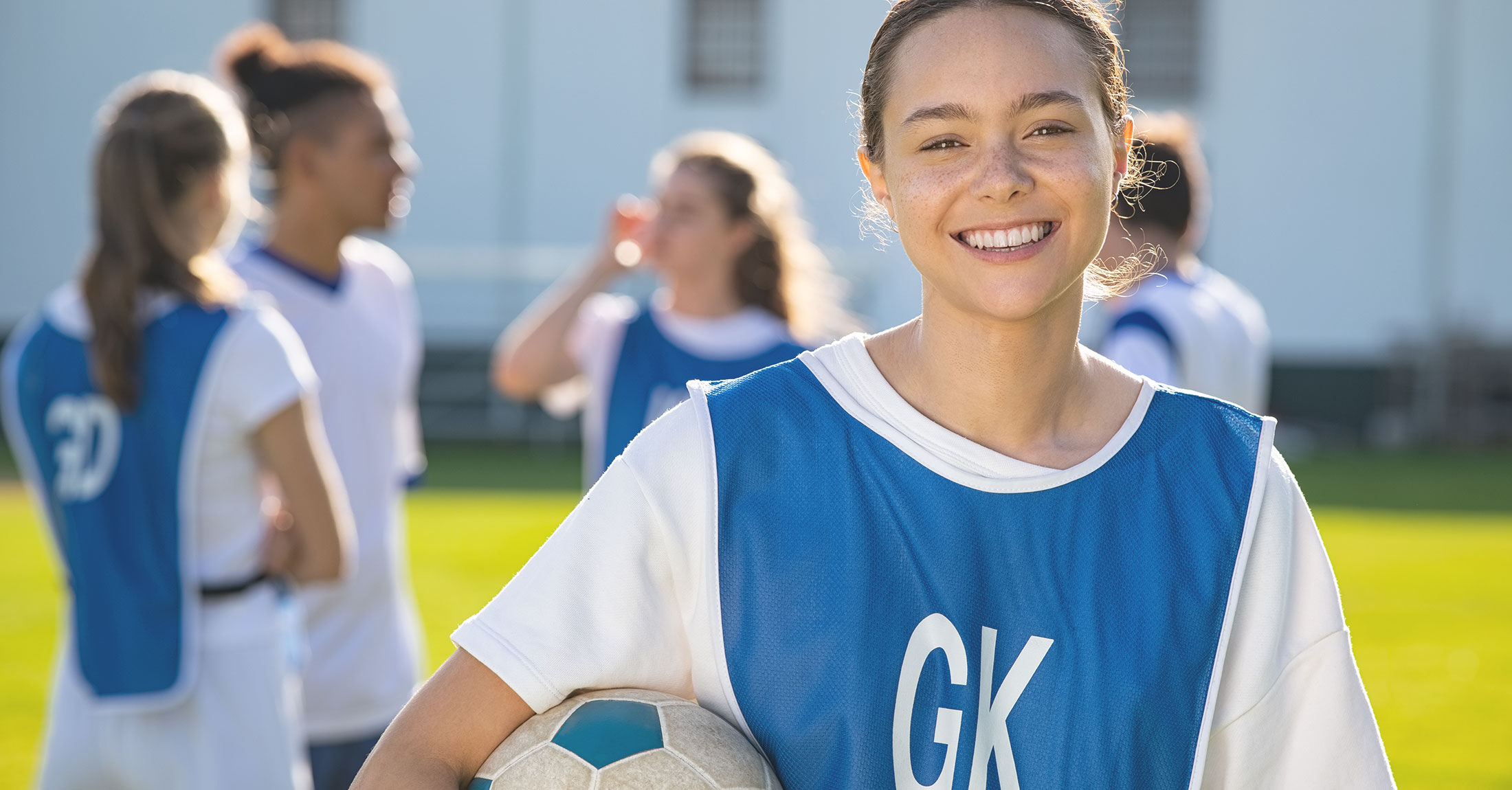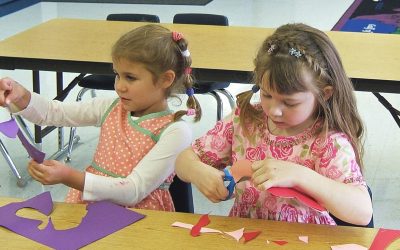School resumes, and kids are registering for all kinds of extracurricular programs. However, many parents have concerns about relevance and suitability, including the content, costs, benefits, and demands of these activities, wondering which ones are appropriate for their child. Here are some considerations and guidelines.
“Extracurricular activities can complement what happens in school, giving children a place to develop their talents, broaden their interests, challenge their minds, and extend their love of learning.” *
The Basics
Who and What:
Extracurricular activities provide opportunities for children and teens to engage in the arts, recreation, athletics, scholarly pursuits, and more, based on their interests and preferences. These activities can supplement the learning experiences typically incorporated within a school curriculum, from kindergarten through college.
Why
Sometimes a school program does not have the capacity to meet a child’s particular needs or exceptionalities, and so that individual may want additional challenges or opportunities. Other times, kids may seek outlets that will give them a chance to extend their creativity, or to find social or emotional connections and support through meaningful interaction with others who have similar interests. Extracurricular activities can provide enjoyable, relevant, and mind-stretching ways to forge relationships, and broaden conventional educational offerings.
When and Where
Extracurricular activities are available evenings, weekends, during lunch hours, or before or after school. They may be developed within educational or various professional institutions, at community and cultural centers, or through collaborative efforts by parents, teachers and/or children. Timing often depends on space and venue availability. For example, a program may require the use of a science or computer lab, theatre, gym, swimming pool, hockey rink, art or dance studio, track, playing field, or other location.
Key Components of Extracurricular Activities: Content, Costs, Benefits, and Demands
Extracurricular activities provide creative, exploratory, and social opportunities so children can extend themselves in areas that are informal, unusual, and fun, or perhaps more disciplined or traditional. It’s up to them! Content can vary, and …








